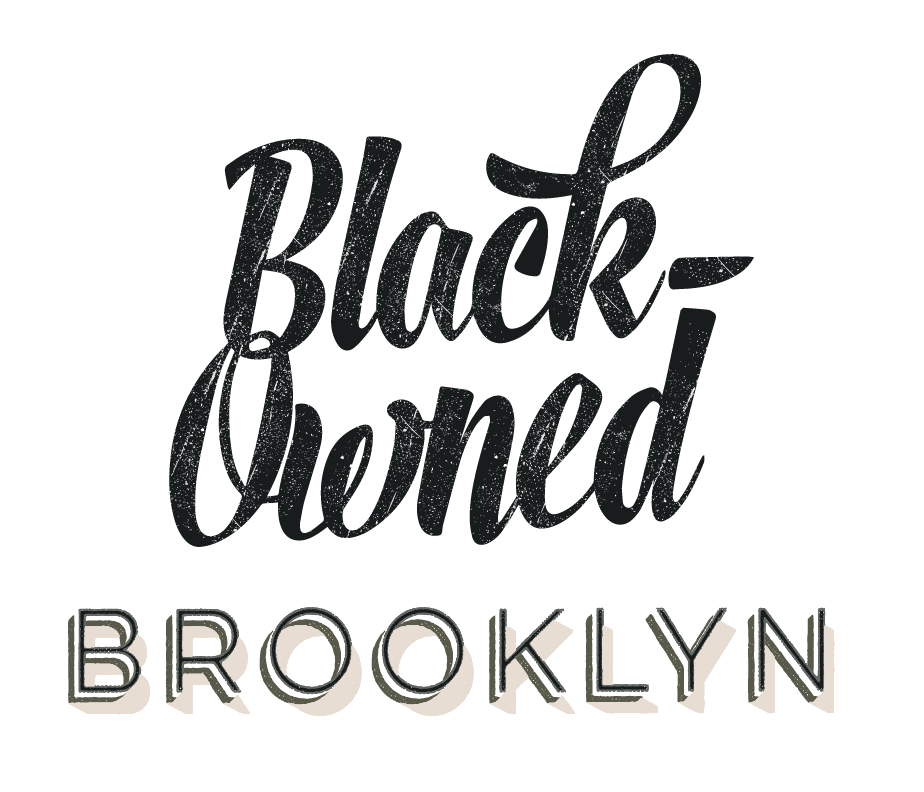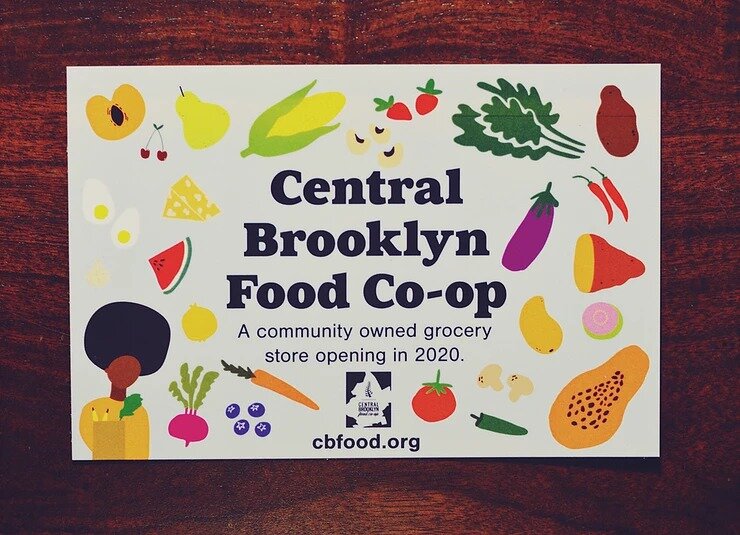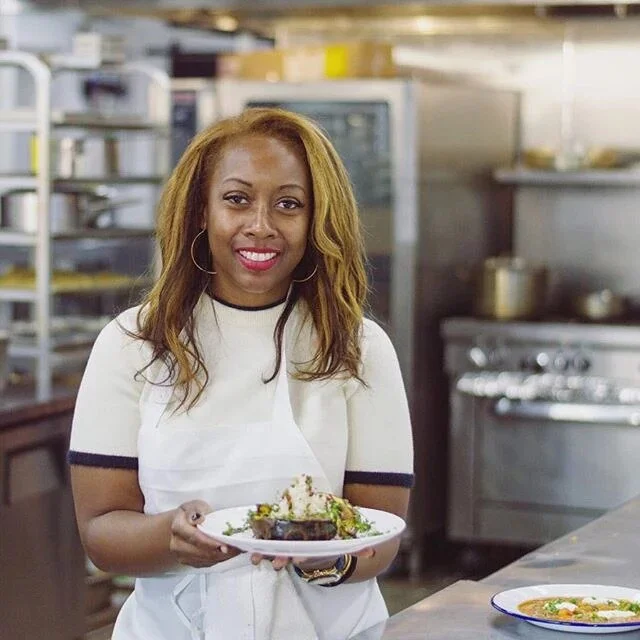Central Brooklyn Food Co-op/Brooklyn Movement Center
We’re frequently asked: Do you know any Black-owned supermarkets? With much respect to the Black-owned corner stores holding it down in Brooklyn, full-service grocery stores owned by us remain elusive. And thanks to a food apartheid system in which fresh, well-stocked groceries are marketed to mostly white, middle class enclaves, in Central Brooklyn these amenities — regardless of ownership — are similarly hard to come by.
The Central Brooklyn Food Co-op is working to change all that. This Black-led, community-owned food cooperative plans to open its doors with healthy, affordable food in 2020.⠀
⠀“We’re building a food system with long-term Black residents and their needs at the center,” says Mark Winston Griffith, executive director of the Brooklyn Movement Center, the community organizing group behind the initiative. In addition to employing a member-operated model that requires 2.5 hours of sweat equity per month to keep prices affordable (membership is open to all), the co-op is committed to working with local Black farmers and food businesses. “The Central Brooklyn Food Co-op is not just a supermarket,” Mark continues. “It’s a political act.”
Although the Central Brooklyn Food Co-op launched a crowdfunding campaign two weeks ago, its leaders and volunteers have been community building for the past six years. “We don’t want to simply open our doors and assume people are going to come in,” Mark says, explaining the long-term, grassroots work of earning local buy-in for a co-op, including political education on terms like “food sovereignty” and “food redlining,” as well as the rich history of cooperative movements in Brooklyn and the extent of the borough’s food insecurity. “We wanted to build a base of people who already have an identification with the institution and are going to ride or die for it — who think of themselves as shareholders, not merely shoppers.”
With 24 days left of the Kickstarter, the Central Brooklyn Food Co-op has already met their initial goal of $25,000 to support a down payment for a physical storefront accessible to folks in Bed-Stuy, Crown Heights and Brownsville. Additional funding will go toward renovations (including space not only for stocking fresh food and goods, but also for community meetings and a demo kitchen), plus food education programming.
“This is not a passive thing where you just come in here and buy,” Mark says of the Central Brooklyn Food Co-op. “You work alongside your neighbors and give something of yourself.”
This ethos, focusing not merely on providing services but on what community members can build together, is at the core of the Brooklyn Movement Center’s numerous programs, from campaigns on police accountability and environmental justice to Brooklyn Deep, a citizen journalism platform dedicated to stories about neighborhood change in Central Brooklyn (their newest podcast, “School Colors,” traces the region’s history of race, class and education).⠀
“The Central Brooklyn Food Co-op is not just a supermarket. It’s a political act.”
The organization runs its activities from a historic Bed-Stuy mansion — all fine woodwork, stained glass and marble — formerly owned by the late Dr. Josephine English, one of the nation’s first Black female OB/GYNs (she famously helped deliver the children of Malcolm X and Betty Shabazz). Shortly before her death in 2011, Dr. English left the property to her children with the stipulation that some of it be used for community purposes. In 2012, the Brooklyn Movement Center established headquarters there.
To get involved, visit brooklynmovementcenter.org, and donate to the Central Brooklyn Food Co-op's Kickstarter campaign.















